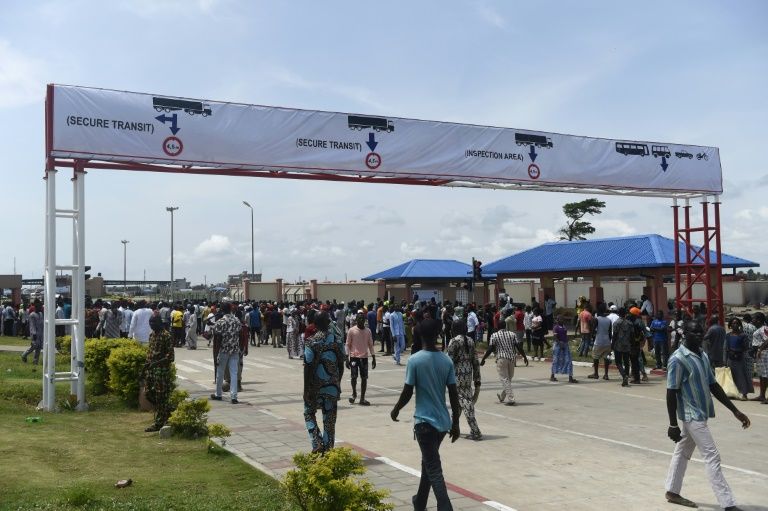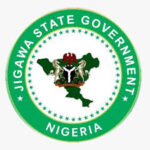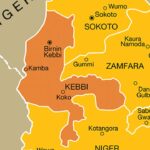The Lagos State Chamber of Commerce and Industry (LCCI), on Tuesday, said that the Federal Government of Nigeria might need to reopen the land borders to give succour to food prices in the light of lower domestic food supply amid huge demand for food.
This formed part of the submissions on the state of the economy by the President of the Chamber, Mrs. Toki Mabogunje, at the Commerce House, Victoria Island in Lagos.
- Zazzau Emirate: El-Rufai to reform Kaduna traditional council
- Border closure should be sustained to create more agric jobs
The Chamber expressed concern over the recent incidents of flooding in key food-producing states in the North, lamenting that the occurrence had wiped off food and cash crops on a large scale and as well disrupted output projections in agriculture.
Mabogunje said local media reports say that over 2million tons of rice were lost to flood while other crops such as sorghum, corn and millet were also affected.
The situation, according to her, if not expeditiously addressed and managed, would escalate the pressure on food prices, thereby putting the country on the verge of a food crisis.
According to official statistics, inflation rose by 13.22 percent year-on-year in August 2020, its highest level since April 2018 while on monthly basis, consumer prices accelerated by 1.34 percent in August 2020 compared to 1.25percent in the preceding month.
She, however, noted that the persistent pressure on consumer prices stems largely from the sustained uptrend in food inflation.
Mabogunje said: “Rising inflation trajectory has serious implications for businesses regarding production cost, investment real return rate, and overall economic performance.
“The major drivers of inflation are structural factors, which are beyond the purview and control of monetary authorities.
“The combination of food supply shocks, foreign exchange restrictions on food and fertilizer imports, higher energy costs including electricity and petrol, exchange rate adjustment, poor infrastructure and insecurity in major food-producing states would pressurize domestic price level in the near term.”
The Lagos Chamber, therefore, called on the fiscal and monetary authorities on the need to synergize to moderate domestic prices to a level conducive for sustainable and inclusive economic growth.
The LCCI President further stressed the need for both the federal and state governments to promptly address the issue of food wastage, majorly responsible for the food supply gap being experienced in the country.
“Government’s intervention and private sector investments are needed to enhance mechanization as well as storage to minimize post-harvest losses.
“It is particularly important for fiscal authorities to work towards developing a multimodal transport system to reduce logistics costs and improve efficiency in conveyance of food commodities from farms to markets while also mobilizing efforts towards strengthening the country’s security architecture to stem the escalated level of insurgency largely in the Northern parts of the country,” she added.
The Lagos Chamber also expressed concern over Nigeria’s rising debt portfolio, which it says has no corresponding impact on output growth and economic development.
Official statistics from the Debt Management Office say that public debt stock grew by eight percent to N31trillion at the end of the second quarter, equivalent to 21percent of GDP.
According to LCCI, the increase in public debt stock was fueled by fresh domestic and external borrowings required to plug the wider fiscal deficit in the revised 2020 budget given the impact of the pandemic on oil and non-oil sources of revenue.

 Join Daily Trust WhatsApp Community For Quick Access To News and Happenings Around You.
Join Daily Trust WhatsApp Community For Quick Access To News and Happenings Around You.

